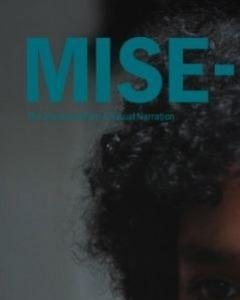
Abstract
The mother figure has been represented in Iranian cinema through a patriarchal lens, especially after the 1979 Islamic Revolution. Although women had freedom in pre-revolutionary Iran, roles for women in film were still limited to stereo-typical characters. After the Islamic Revolution in 1979, the mother’s role in films began to be represented as that of a “patriotic” mother in the form of the rhetoric of martyrdom: the term “Basij mother” was coined within Iranian Sacred Defense Cinema. In 2005, Rakhshan Bani-Etemad and Mohsen Abdolvahab co-directed Gilaneh, a film about the mother of a soldier who has been injured while fighting in the Iran–Iraq War. This paper examines the beautification, spiritualization, and idolization of the concepts of martyrdom and motherhood through the interaction of the elements of the mise-en-scène of Gilaneh, in particular the symbolic use of colour. This study explores the discourse of martyrdom, and the depictive nature of the “nation's wounds” by identifying the role of the mother, Gilaneh, and her relationship with her son, Ismaeel, amidst the narrative’s representation of maternal agency and conventional signs and symbols, and the juxtaposed sequence that signifies the thematic culture of the social, economic, and political reform of the aftermath of the Iran–Iraq War through the representation of colours.